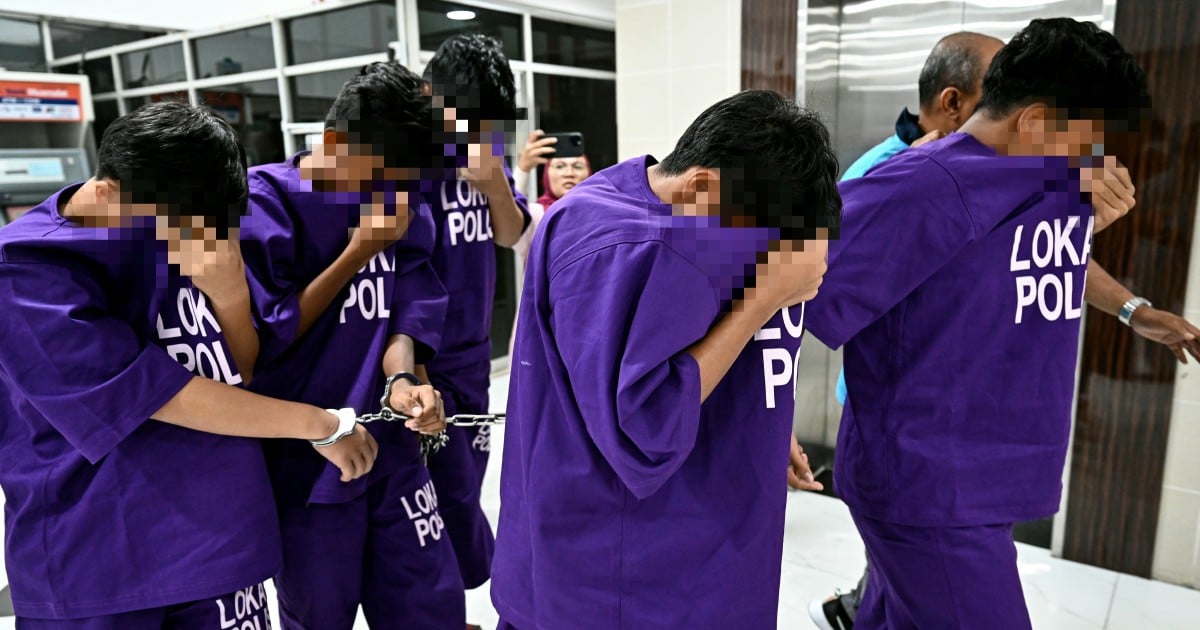KUALA LUMPUR: Malaysia’s child justice system must prioritise rehabilitation to give young offenders a second chance, but experts say this effort must be paired with accountability measures to prevent bullying from escalating into repeat or serious crimes.
Criminal law expert Datuk Shanmugan Ganesan said the Child Act 2001 had rightly placed rehabilitation at the core of dealing with child offenders, yet the current framework risked being inadequate when addressing persistent or severe bullying cases.
“While Malaysia’s juvenile justice framework as set out under the Child Act 2001 rightly prioritises the rehabilitation of young offenders, there is growing concern that this approach, when applied in isolation, may not be sufficiently effective in addressing persistent or severe cases of bullying.
“Bullying has evolved beyond school discipline issues, with elements such as physical aggression, intimidation, extortion and repeated psychological harm increasingly overlapping with offences under the Penal Code and the Communications and Multimedia Act 1998,” he said.
He added that the system currently relies heavily on counselling, community service and institutional programmes, but these measures often fail to prevent repeat cases, especially when bullying is organised, persistent or gang-related.
In some rehabilitation centres, he said, bullying behaviours even continue among the offenders themselves.
Meanwhile, Datuk N. Sivananthan said youth justice in Malaysia should strike a careful balance between rehabilitation and punishment, with priority given to helping young offenders reform while still holding them accountable.
He said children must not be penalised too early, as this could entrench deviant behaviour and limit their future prospects.
“The balance should lean towards rehabilitation first, particularly for young offenders, while still ensuring accountability.
“Penalising a child too early risks entrenching deviant behaviour and limiting future prospects,” he said.
He added that rehabilitation could include counselling, therapy and restorative justice programmes, which allow offenders to acknowledge the harm caused and take steps to repair it.
Structured school or community service programmes, he said, could emphasise responsibility without the stigma of incarceration.
“Punishment remains necessary in cases of severe or repeated misconduct but should be proportionate and paired with corrective measures.
“For example, probation with mandatory counselling can hold a child accountable while equipping them with tools for positive change.
“The long-term goal must always be to prevent repeat behaviour and reintegrate the child into society as a responsible individual.”
© New Straits Times Press (M) Bhd






